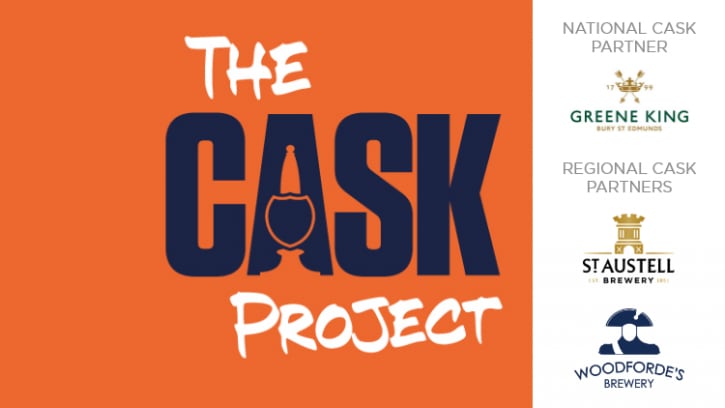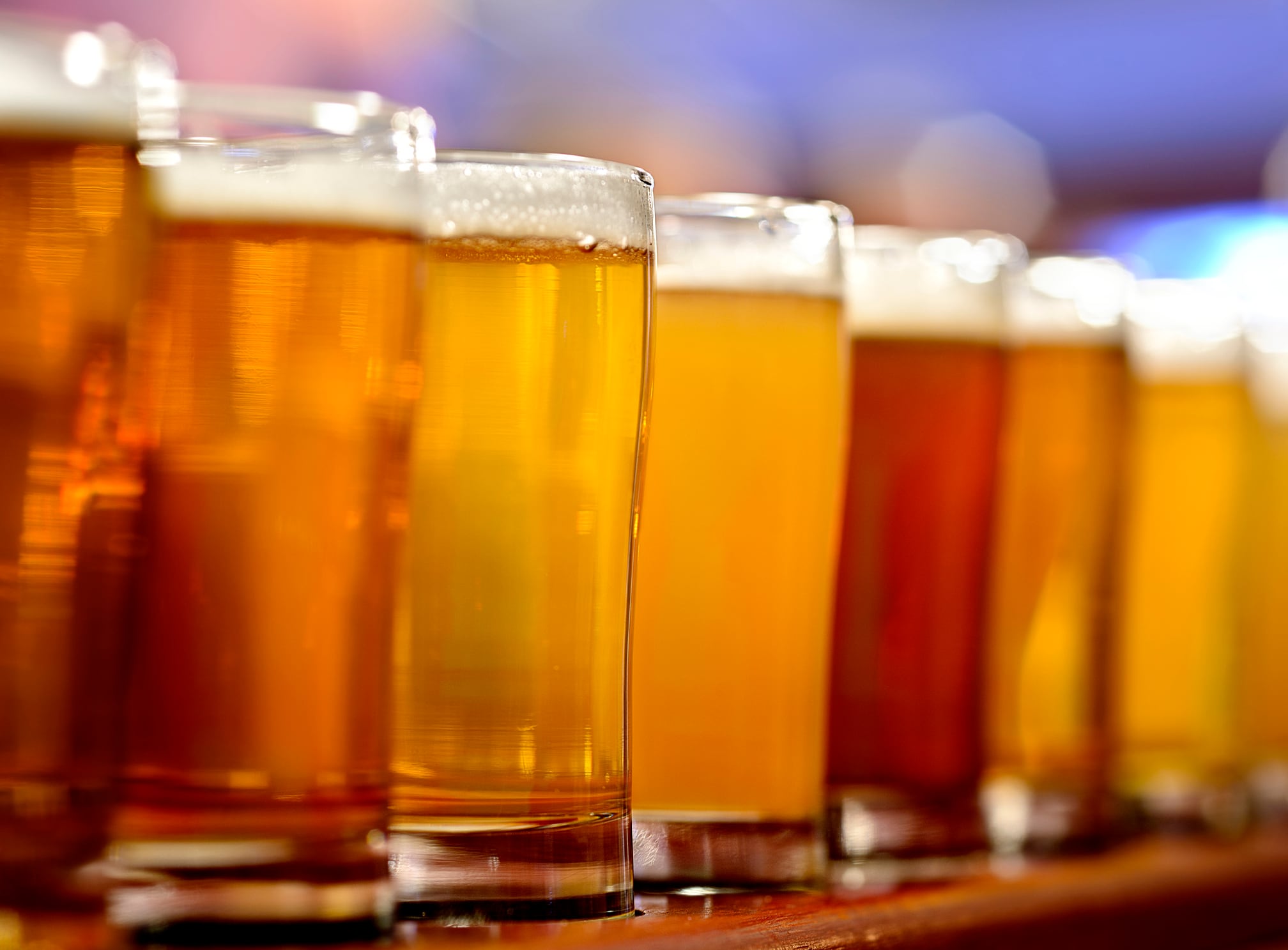This unique product embodies the essence of independent brewing and the rich heritage of pubs. But is the enjoyment of this quintessentially British beverage being curtailed by the restrictive practice of pub companies and tied houses that limits pubs to purchasing beer exclusively from national breweries or suppliers.
My local MP Julie Minns (MP for Carlisle) suggests this might be the case and is inspired by the introduction of a free-of-tie tap or handpull being available in all pubs; as recently introduced by the pubs code in Scotland.
This week, I had the pleasure of meeting with her to talk about this.
I must admit when I was asked to attend this meeting, I was a little perplexed. I have three hand pulls in my tied pub and I have no issue with supplying my customers with a rich variety of local beers from nearly a dozen small independent breweries through SIBA and its online buying platform.
“Is that expensive then?” I was asked. But no. When I checked how much I paid for these beers in comparison to the same products in my freehold pub I was pleasantly surprised that I was paying less than a 3% increase, which I presumed was going to SIBA to cover administrative and handling costs. So, what was the issue here?
After speaking to pub and brewery colleagues, I realised there are some complicated issues around getting local beer into pubs
Some pub companies will just not allow their lessees or tenants to buy any products out of tie and don’t allow purchases from the small independent breweries.
Agreement differences
Some pub companies allow buying out through SIBA but are very slow at informing their lessees that this is the case. So, if you are new to the pub game or just don’t know then no one is telling you!
Some pub companies negotiate a highly inflated buying price for independent beers bought through SIBA. I pay £89 a barrel for a well-known, locally produced ale through SIBA, as negotiated by my pub company but a friend in one of the city centre pubs is charged £132 per barrel for the same product from her pubco. Not really an incentive for her to stock it on her bar...
Although pubs are paying market rate or above for their beers through SIBA, the breweries are having to take on average a 30% reduction on their selling price to sell through SIBA and to get their beer on the pumps in tied pubs.
At first glance, this does appear shocking and I can see why my MP might be livid at the injustice of this but as always there are two sides to a story.
What we cannot do is make direct comparisons between deals in one tied pub and another.
If you have dealt with several pub companies, you will realise there are many differences between the types of agreement and that each pub company offers.
I have a turnover agreement; I pay the brewery a percentage for every product I sell, including from independent breweries but, for many pub companies, allowing you to buy in a local product means that’s one less product line for them on the bar.
“They can afford to offer this”, I hear you say but remember pubcos are also businesses employing hundreds of people and margins are tight in every aspect of hospitality now.
Industry-based dilemma
Buying from small breweries adds choice to customers but it’s not always convenient for the publican.
Many small breweries cannot offer the certainty of delivery and collection of empties that buying from a larger brewery can afford.
As a busy a publican, this is important to me. I like to know when my weekly dray delivery is coming, I don’t have time to sit around waiting for a delivery, or worse, accept it in in the middle of a busy service. I also don’t have space to store copious empties for weeks on end till the next delivery is due.
Also, as a publican, very few of the smaller breweries especially around me offer sale of pins. In my pub, buying pins or half barrels cuts down on wastage, especially of cask ale and allows me to provide a better and quicker turnaround and choice to my customers.
So, is a free-of-tie tap the answer to all our prayers? In all honesty, I don’t know, but I do think that it is an industry-based dilemma in which brewers and publicans both have a vested interest and many issues to untangle.
So maybe, instead of banging the same old drum about rates and VAT and things that are unlikely to change, the trade bodies and pub companies should be looking at what we can do to ensure that cask ale, a living symbol of British pub traditions and culture, remains as a feature on all our bars regardless of tie.
The availability of independent cask ales ensures the pub continues to be a vibrant hub of regional identity and heritage, where patrons can experience the flavours and stories unique to their locale.
Cheers to that.




